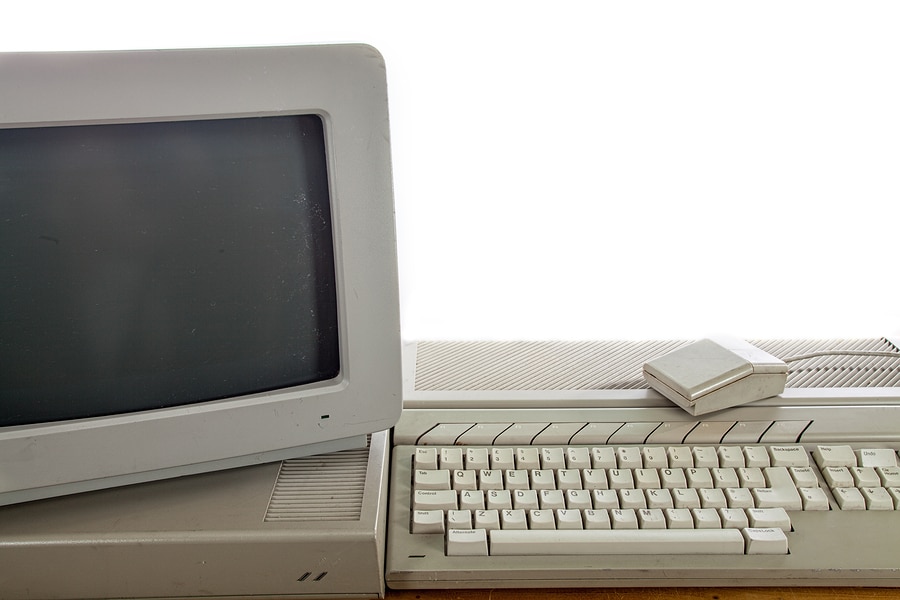What Should Your Business Do with Old Computers or Hard Drives?

There are many advantages to be gained from using advanced computer and mobile technologies, but the obvious downside is turnover. Within just a few years, the latest devices have become obsolete, and once they’re no longer supported, businesses need to upgrade to newer options that allow them to remain safe and competitive.
This, of course, leaves Sioux Falls, SD businesses with a conundrum – what should be done with outdated devices that are no longer needed? You can’t toss them in the trash without violating numerous environmental and consumer privacy laws, and for most businesses, disposing of them in-house just isn’t a cost-effective solution. The good news is, there are simple steps South Dakota and North Dakota businesses can take to properly dispose of old computers and hard drives.
Reissue Usable Devices
If you’re interested in observing environmentally responsible practices, the first thing you need to do is follow the three Rs: reduce, reuse, and recycle. When it comes to old computers and hard drives, consider whether or not they’re still useful before you condemn them to destruction. If you can update devices with current firmware and reissue them to new employees, this will not only save you money, but also eliminate the need to dispose of them, at least until later.
Secure Unwanted Devices
If equipment and devices are so out of date that they are virtually unusable, or if they are damaged beyond repair for example, you really have no choice but to replace them with newer options. In this case, your first step is securing devices.
You should implement a tracking system, including scannable bar codes, for every device your company uses as a way to track assets. You don’t want them “walking away” with your confidential data – this is a recipe for data breach. With tracking, you can make all employees accountable and should devices go missing, you give yourself the opportunity to access them remotely and wipe data.
When devices reach the end of their life cycle, all you have to do is place them in a secure location, like a locked storage room to await destruction. With one person or group in charge of securing devices, you’ll have the greatest possible control until assets are destroyed.
Don’t Let them Sit Too Long
Out of sight, out of mind is not the attitude you want to adopt when it comes to old computers and hard drives. The longer they languish in storage, the greater the risk for theft and data breach and the quicker they lose resale value if you are hoping to gain any value back. Your ITAD policy should include time limits on disposal of assets to minimize both internal and external threats of theft and maximize return on asset value.
Contract for ITAD Services
Most businesses can’t be bothered to keep industrial shredding equipment on hand in order to dispose of electronics and stay in compliance with applicable laws. In addition, businesses don’t want valuable employees wasted on these types of manual, time-consuming tasks. This is where a certified ITAD service provider can help with secure pickup, transfer, storage of devices, and data destruction, not to mention transparency via online portals to track devices via serial number. Once devices are shredded, you’ll receive a Certificate of Destruction and Recycling as verified, certification-backed proof for your compliance records.
If your Sioux Falls, SD business is ready to get rid of old computers and hard drives, do it the right way by contacting SEAM today at 605-274-7326 (SEAM) or online.
SEAM provides IT recycling and data destruction services including onsite shredding and hard drive wiping to South Dakota, North Dakota, Minnesota, Iowa, and Nebraska.
Schedule a pickup or contact us for more information.





